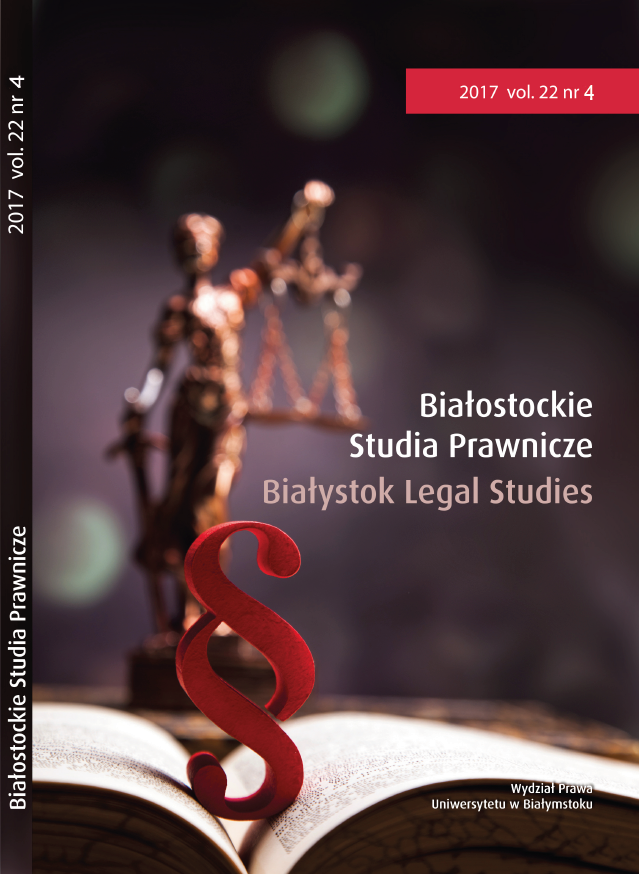Prawo spadkowe w obliczu postępu technologicznego (nowe wyzwania w XXI wieku)
Inheritance Law in the Context of Technological Progress (New Challenges of the XXIst Century)
Author(s): Anetta Breczko, Marta AndruszkiewiczSubject(s): Philosophy, Social Sciences, Law, Constitution, Jurisprudence, Civil Law, Ethics / Practical Philosophy, Health and medicine and law
Published by: Temida 2
Keywords: bioethics; post-mortem fertilization; inheritance law; a will; inheritance of digital assets
Summary/Abstract: Technological progress and achievements in the field of bioethics bring about important changes in the material and personal scope of inheritance law regulation, including the consequences of human death. Particularly, it concerns situations when a deceased person has expressed (or not) a wish to use his or her genetic material (for example, post-mortem fertilization), to decide about his or her life and death (through a will or testament) or to dispose of digital assets, data and online accounts (digital death). The effective legal protection of these entities is justified by the principle of equality and the need to defend personal rights. The latter results in the requirement to propose normative solutions that take into account the consequences of biotechnological development; its effects already noticeable in several areas of law. In the field of inheritance law, besides the property rights traditionally included, new rights have appeared that are without any explicit property character. The authors of this paper argue in favor of including, within the scope of inheritance law, the right to post-mortem conception and to dispose of digital assets. Due to the achievements of modern medicine, a testament also should become subject to legal regulation.
Journal: Białostockie Studia Prawnicze
- Issue Year: 22/2017
- Issue No: 4
- Page Range: 27-46
- Page Count: 20
- Language: Polish

